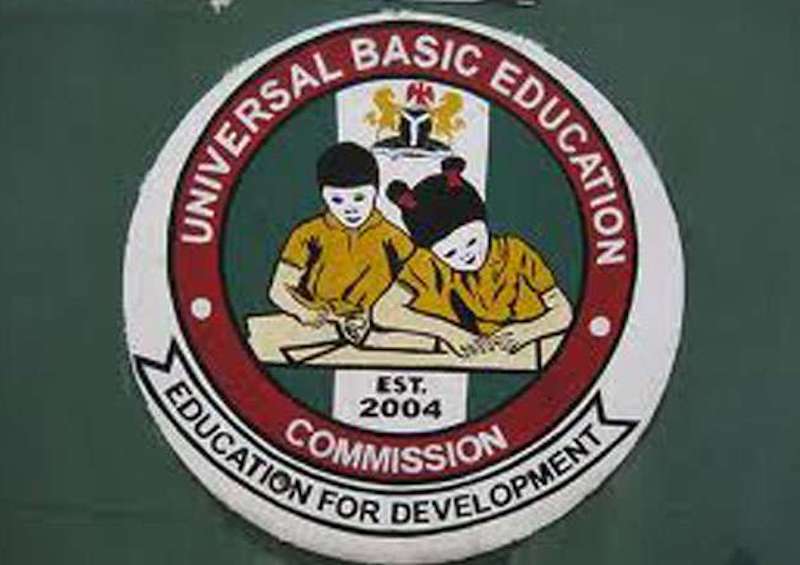The federal government said it has so far disbursed N153 billion to states in the last four years of implementation of the Universal Basic Education Commission, UBEC.
The Minister of Education, Mallam Adamu Adamu, who stated this Monday at the launch of 2018 National Personnel Audit, NPA, conducted by the Universal Basic Education Commission, UBEC, on public and private basic education schools in Nigeria in Abuja Monday, said from 2015 when the current government came into date, over N173 billion had been released to UBEC as matching grant.
Adamu noted that of this figure, N153 billion was disbursed to state governments for the implementation of the Universal Basic Education, UBE, in the country.
Similarly, he said the sum of N34 billion was also released to states for Teachers Professional Development, while over N8 billion was released to states for the education of children with special needs.
He noted that when it became apparent that most state governments were not willing to pay their counterpart funds in order to access the matching grant from UBEC, President Muhammadu Buhari approved the deduction of N71 billion at source from the share of states of Paris Club refund.
“This was paid into UBEC account with the Central Bank of Nigeria (CBN). In June 2019, UBEC fulfilled its own matching grant obligation by releasing the sum of N142 billion to respective states for the implementation of basic education,” he said.
He commended UBEC, the World Bank and other critical stakeholders that contributed to the success of the 2018 National Personnel Audit exercise, saying the government would come up with policies on key findings and recommendations of the NPA report.
He, however, noted that the report was not perfect, urging various levels of government and stakeholders to fill the gaps so as to ensure improved basic education delivery in the country.
The audit report indicated that there was currently a shortage of about 277,537 teachers in basic education schools in Nigeria.
According to the report, there is a deficit of 135,319 teachers at the Early Childhood Care Development Education, 139,772 deficit in primary schools and 2,446 shortage in Junior Secondary Schools across the nation.
The report also put the number of primary-school-age children who are not in school at 10,193,918, which is said to be 25 percent of all primary school-age children in the country.
On school enrollment, the 2018 NPA report indicated that there were 27.8 million learners in primary schools, comprising 22,384,755 in public primary schools and 5,504,632 enrollment in private schools.
Executive Secretary of Universal Basic Education Commission, UBEC, Dr. Hamid Bobboyi, in his remark, said Nigeria needed Basic Education Data for planning and effective management of the sub-sector.
He expressed the commitment of the commission towards ensuring that every girl-child in Nigeria received quality and functional education in the country.
Bobboyi said through the 2018 National Personnel Audit, the commission acquired the Global Position System, GPS, coordinates of all schools in the country covered by the census.
He added that the geospatial data generated has proven exceptionally useful in building a Geographic Information System, GIS, to support school mapping and other applications.
He stated that this was the first time the exercise involved not only public schools but also private and faith-based institutions, stressing, however, that despite initial suspicions, most the institutions came to embrace the exercise and cooperate with UBEC and its partners to make the exercise a success.

